Clinics We Offer

Antenatal Care
Our surgery midwives run antenatal clinics at Clarence Medical Centre.
If you are pregnant, you do not need to see a doctor first to arrange antenatal care. Simply inform our reception team, who will ask you to complete a maternity referral form. This information will be passed to the midwives, who will then contact you directly to arrange your first antenatal appointment known as the ‘booking visit’.
At your booking visit, the midwives will discuss your health and pregnancy history, and make arrangements for your ultrasound scans and blood tests. They will also explain your options for ongoing care and answer any questions you may have.
If you have experienced complications in a previous pregnancy, or if you have any concerns about this pregnancy, please contact your doctor as soon as possible for advice and support.
Most of our patients choose to deliver at Glan Clwyd Hospital, and your midwife will help to coordinate your care there. You may also be invited to attend hospital antenatal clinics at the Royal Alexandra Hospital or Glan Clwyd Hospital, depending on your individual needs.
Your midwife will provide you with full contact details when you meet her for the first time.
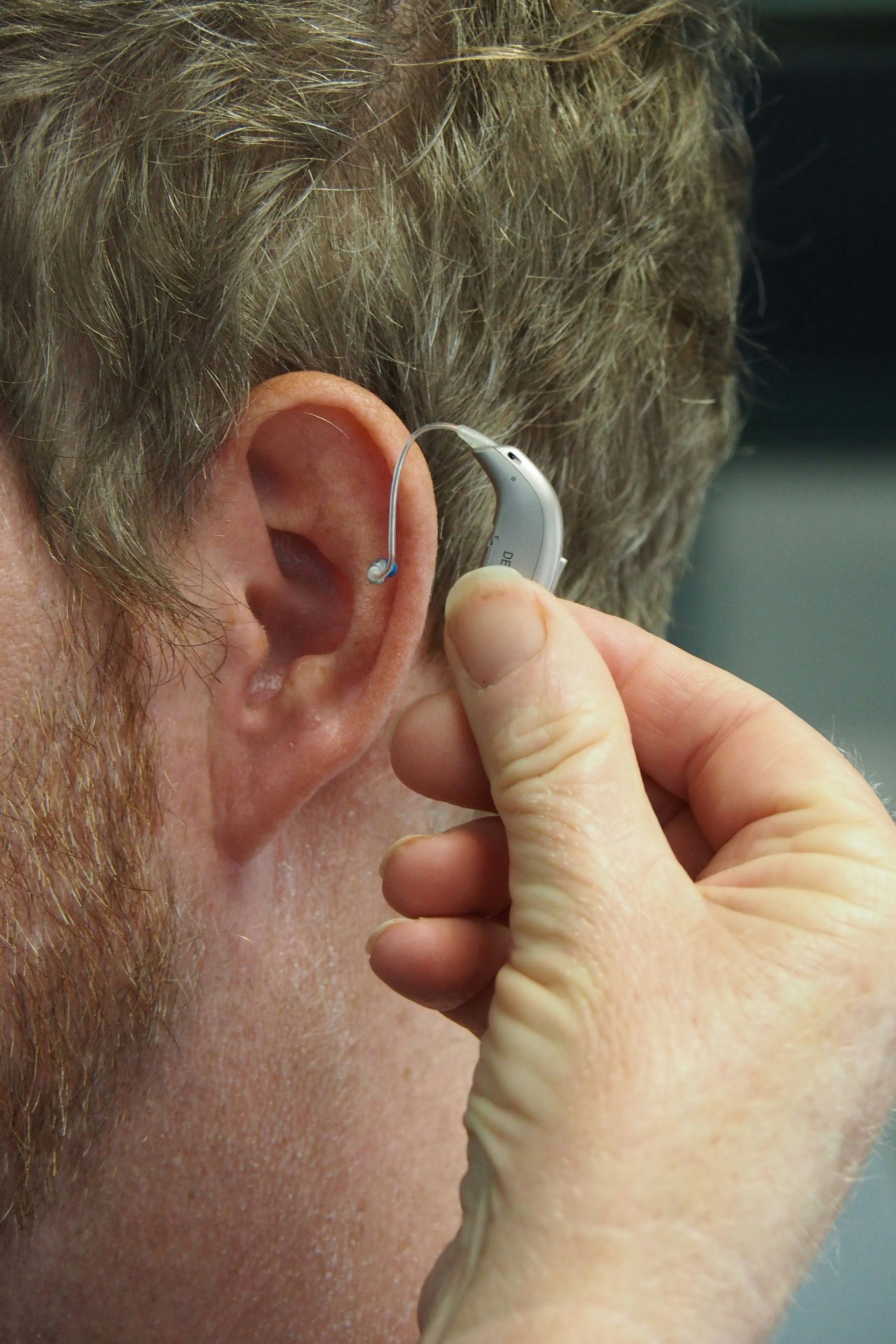
Audiology Service
An Advanced Audiology Practitioner is now available to see patients at Clarence Medical Centre (clinics are usually held on a Tuesday afternoon). The Audiologist will see patients with:
- Hearing loss (not related to wax)
- Tinnitus
- Dizziness
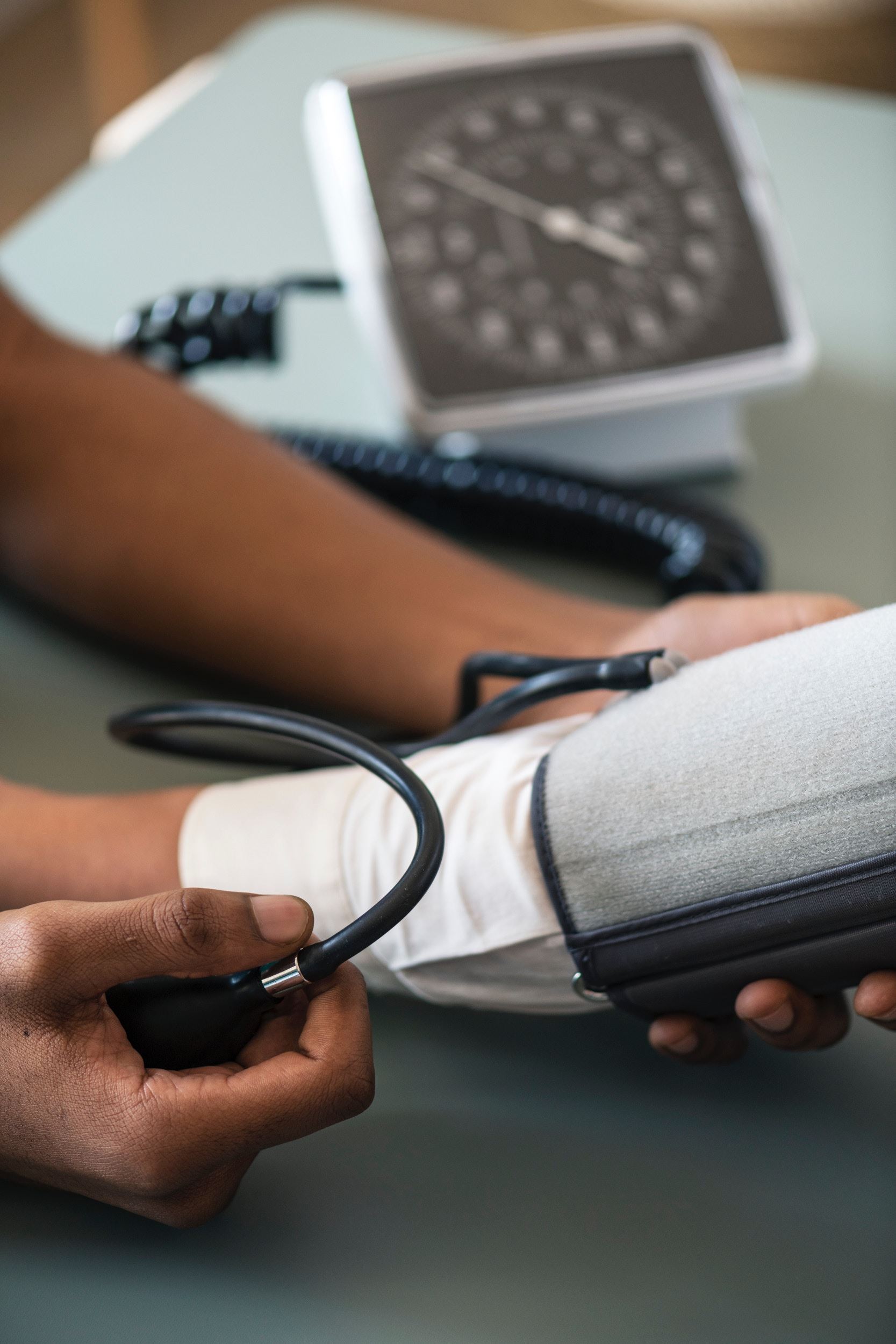
Blood Pressure
Blood pressure measurements can be undertaken by our health care assistants. Unless your doctor has requested that you specifically see them for your check we would encourage you to visit our health care assistant or one of our nurses for your blood pressure check.
If necessary they will involve a doctor or a nurse practitioner to make sure your blood pressure control is as good as possible.

Cervical Smears
From 1st September 2013 Cervical Screening Wales have implemented policy changes to the age of first invitation for cervical screening and to the frequency of screening in women aged 50 - 64 years.
- Women born on or after 1st September 1993 will not be invited until the age of 24 years. All women should receive an invitation before their 25th birthday, in place of the previous age of 20 years.
- Women aged 50 years or over on or after 1st September 2013 who have a smear taken where normal recall is recommended will be invited again after 5 years in place of the previous 3 year recall.
Cervical smears assess the general health of the cervix and can pick up cervical abnormalities which may otherwise progress into cervical cancer.
The best time to have your smear done is around 2 weeks into your menstrual cycle i.e. approximately midway between the date of your last period and the date of your next expected period. Our receptionists will try to fit you in around this time in an appointment slot which suits you.
Cervical smears are undertaken by our practice nurses - not all of the nurses undertake smears so please make sure the receptionist is aware that your appointment is for a smear when you book it. The appointment takes 20 minutes. Results can take 2 or 3 months to return at busy times - you will be notified in writing about the results of your smear. If you think you should have heard and haven't then please contact the surgery and we will chase up your results.

Children's Services
As part of our team, we have Lisa Owen, an Advanced Paediatric Nurse Practitioner who specialises in the care of children. Lisa runs clinics five days a week and provides comprehensive paediatric care covering all aspects of child health, including both acute illnesses and long-term conditions such as asthma. If needed, Lisa can refer children to a GP or local hospital services for further assessment or treatment.
All children are eligible to be registered for Child Health Surveillance between birth and the age of five, and we encourage parents to register their children. This programme helps monitor children’s development to identify any potential issues early, such as hearing problems or speech delay.
A baby clinic is held each week, where child health surveillance commonly begins.
Your child will also have a health visitor, who carries out much of the ongoing child health surveillance and is a valuable source of advice and support for parents.
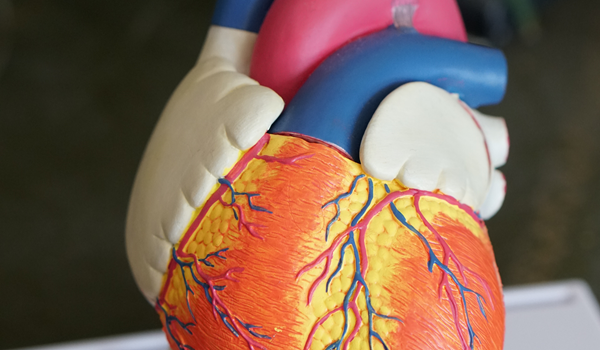
Chronic Disease Management
We provide chronic disease management programmes for the following areas:
- Asthma
- COPD
- Diabetes
- Heart Disease
- Hypertension
Please contact the surgery to arrange an appointment.
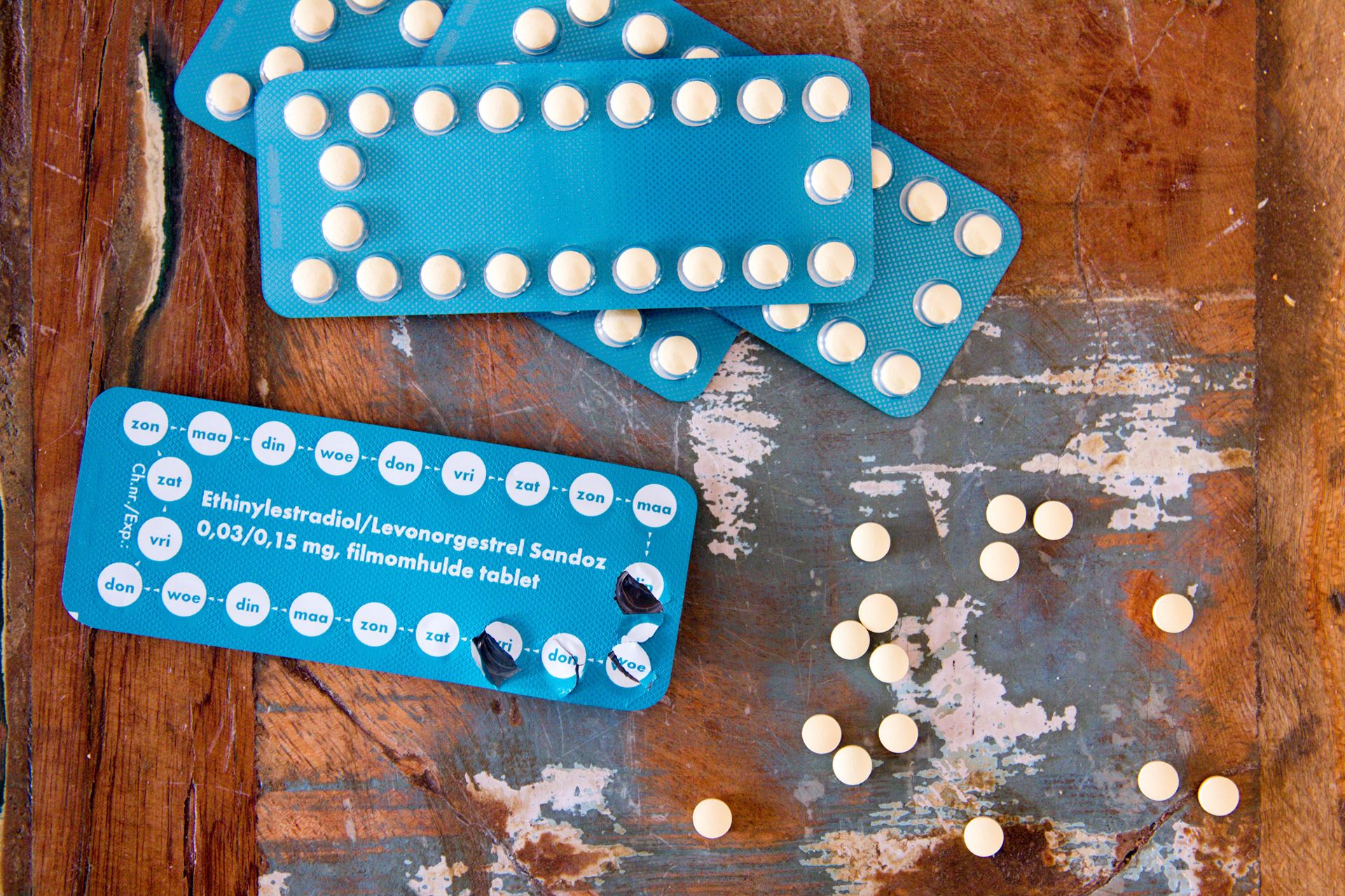
Contraceptive Care
Effective contraception is not simply about preventing pregnancy - we try to educate our patients about the avoidance of sexually transmitted infections and general sexual health. Age is not a barrier to seeking contraceptive / sexual health advice. Your medical records are confidential and young patients should seek contraceptive advice if they are, or are thinking about becoming, sexually active.
Advice on contraception is available by consulting any of the doctors or nurses. Dr Eve Blakemore is qualified to fit the Mirena Device, copper coils and the Nexplanon implant. For information about contraception and other matters relating to women's health, please click here.

GP Active Monitoring
GP Active Monitoring has been introduced into Clarence Medical Centre by Vale of Clwyd Mind as a pilot project since September 2016. They are aware that counselling services are stretched and some people require a ‘Listening Ear’ either instead of, or as a stopgap until counselling services are available.
“Active Monitoring is a guided self-help programme that can help you with common mental health problems including stress, anxiety and depression. The Active Monitoring programme aims to increase your wellbeing, self-esteem and confidence and reduce the likelihood of needing further help with your mental health.
You can access the programme via your GP”

Medication Advice
Our Prescribing Team is available at the practice to answer any questions you may have about the medication we have prescribed for you.
The Practice regularly reviews patient prescriptions to ensure that medication is being provided to you as we intended when it was first prescribed. You may on occasions receive a letter from us to suggest changes to your prescription. These changes include:
- changing your old prescriptions to new types of the same drug
- changing the name of the drug which appears on your prescription from brand-names to chemical names so that the NHS can dispense them from a wider range of suppliers. The active drug within the medication will remain exactly the same but may be obtainable for less money to the NHS than the branded drug.
If you have any questions about your medication or about any changes we make to your medication you can contact our prescribing team directly at the surgery on 01745 333632.
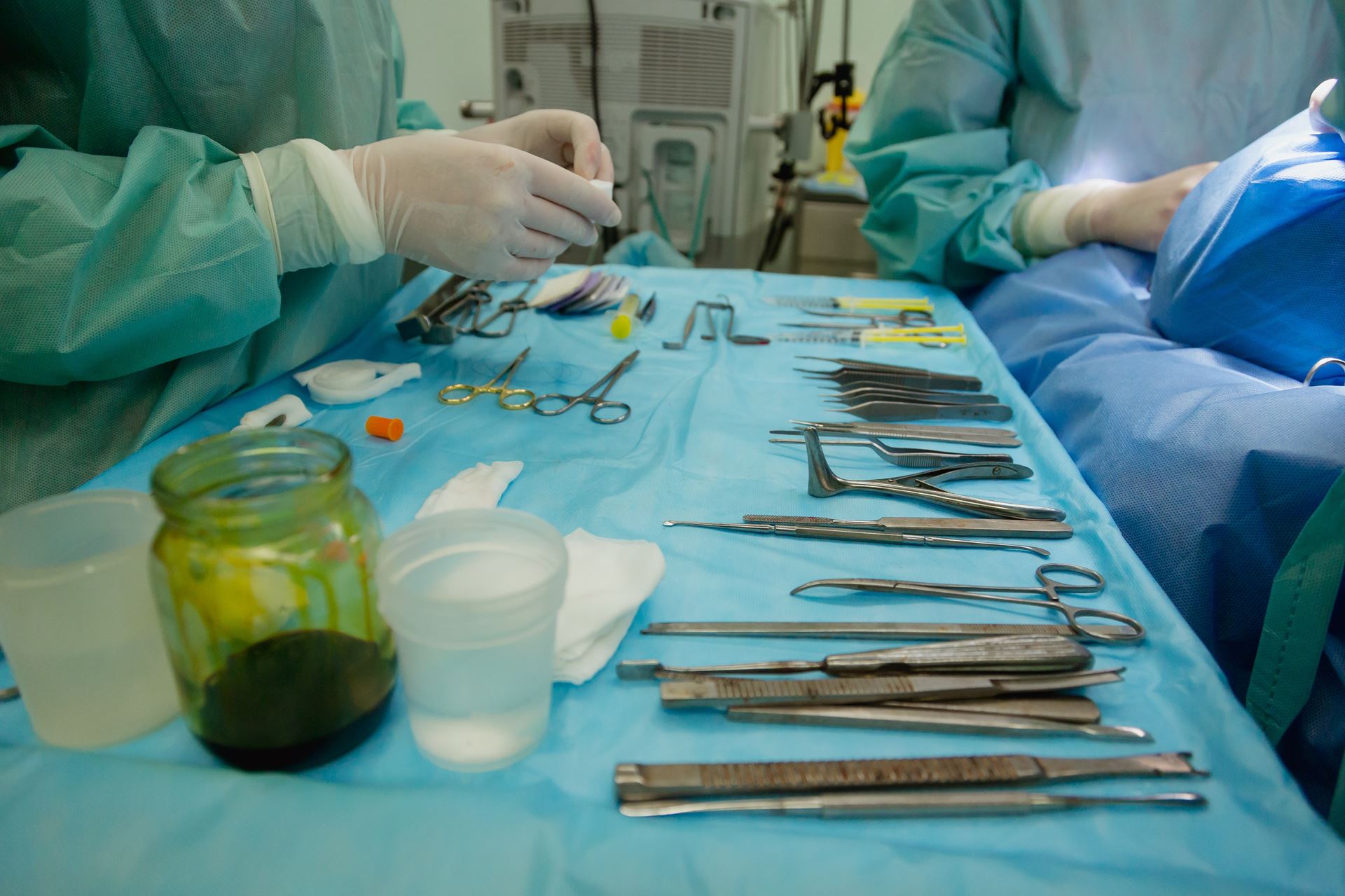
Minor Surgery
The doctors undertake small operations at the main surgery. Different doctors do varying types of minor surgery and your usual doctor may refer you to a different doctor at the surgery for a particular procedure to be undertaken. We have a number of practice leaflets available to advise you on post-operative care for the most commonly provided procedures.
Patients must be seen by a doctor before booking a minor surgery appointment.
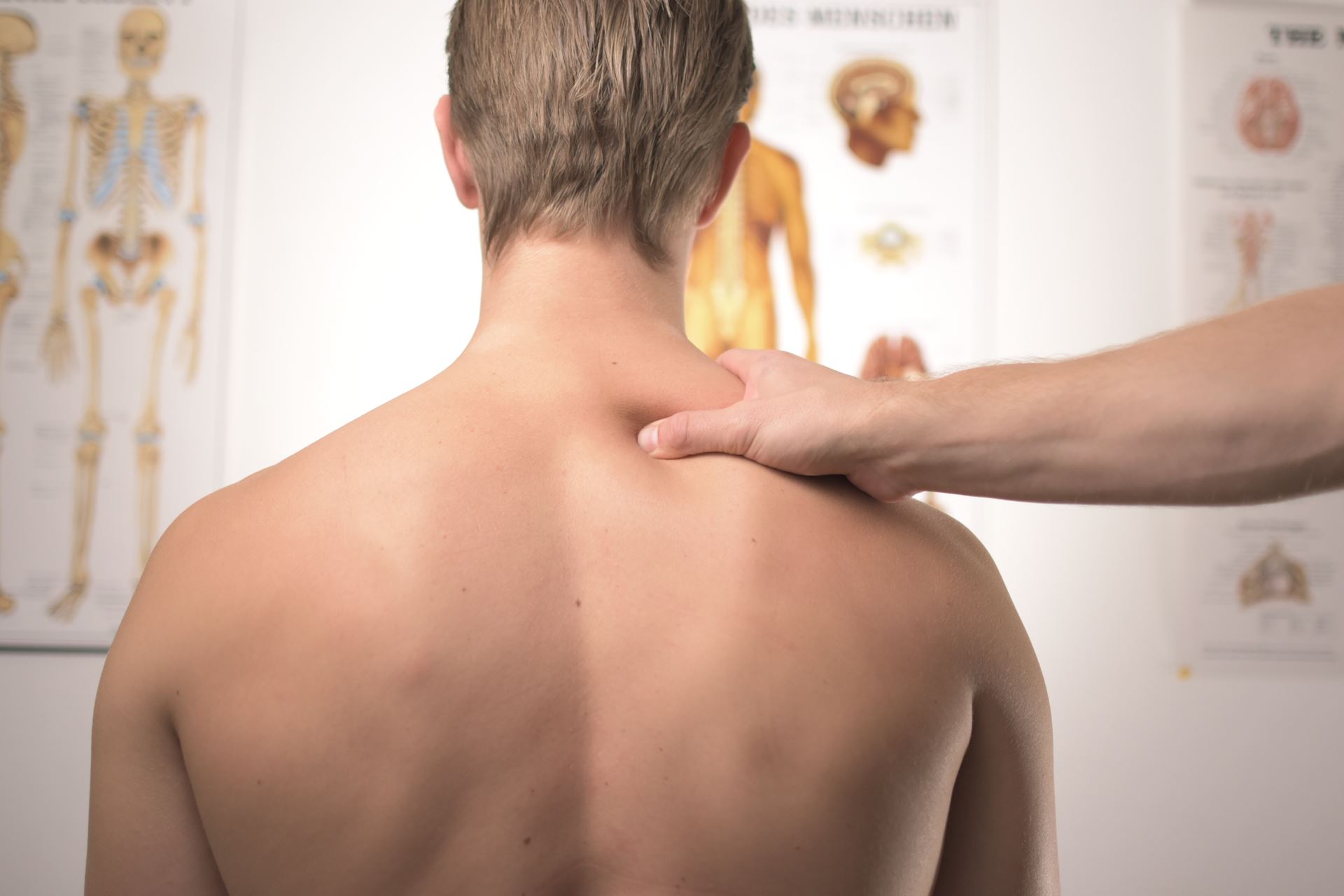
Physiotherapy Services
Our practice now has two First Contact Physiotherapists available for patient appointments. They are highly trained specialists who can assess, diagnose, and manage a wide range of musculoskeletal issues as your first point of contact. This means faster access to expert care and more support for your health needs. Also note, you will not require a GP or a Nurse appointment to access this service.
Please speak to our reception team to book an appointment.
Alternatively, Physiotheraptists are also located at the Royal Alexandra Hospital, Rhyl. You can download a self-referral form by visiting our downloads page.

Warfarin Clinic
The warfarin clinic runs throughout the week at both surgeries. Regular INR blood tests are undertaken at both surgeries by our practice nurses, usually using finger-prick technology rather than by traditional blood tests. The results are available there and then so a warfarin dose can be calculated for you before you leave.
Patients who are house-bound can have their blood tests undertaken by the district nurses. However, the district nursing service does not have the resources to be able to undertake blood tests at home for convenience in non-housebound patients.
Page created: 25 November 2019